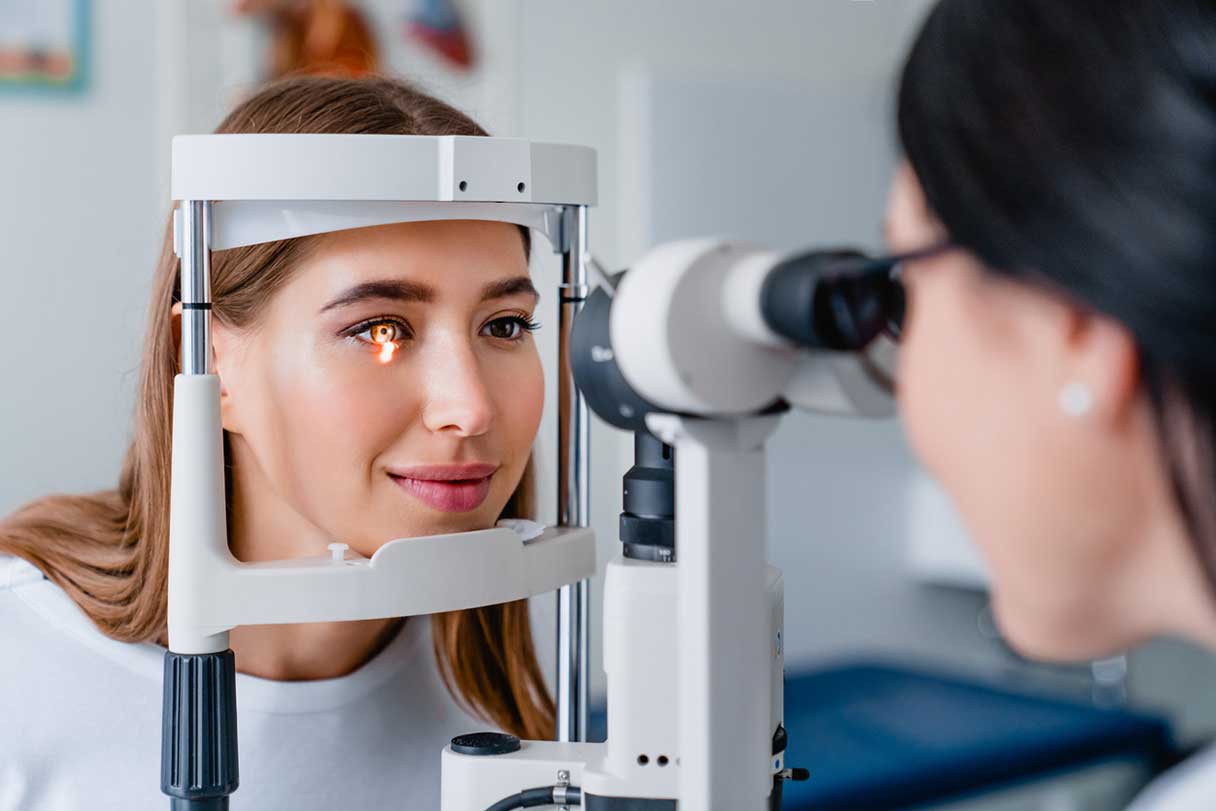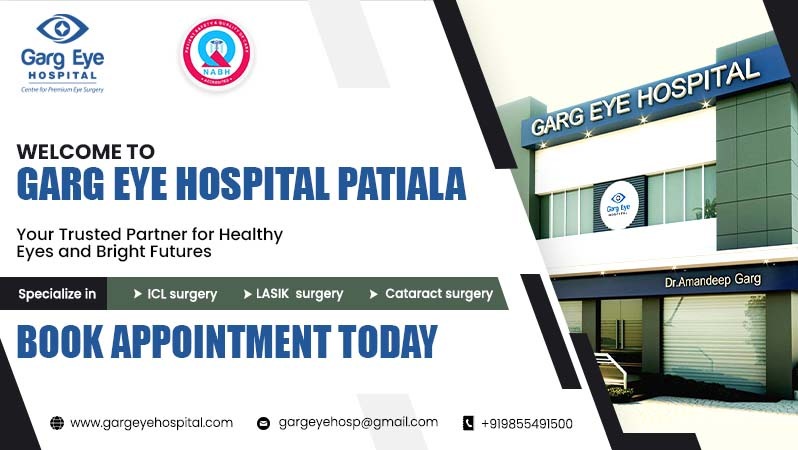Do’s and Don’ts Before Eye Exam: How to Prepare for an Eye Exam:-
An eye exam is a suggested activity for protecting yourself and maintaining a healthy lifestyle. The test of your eyes depends on your age and health history, you may see the eye doctor yearly or, more often if important. Regular eye checkups are important to monitor for eye problems despite everything of how perfectly you see, as some eye situations can be symptoms less in their earliest stages.
When you go to your eye care specialist, there are a few pieces of information to keep in mind to observe as smooth and structured as possible. This article will provide you with some useful tips on how best to prepare for your eye appointment.

Do Avoid Excessive Strain On Your Eyes
Many individuals use screens at work or school, so it’s advised that you schedule your eye appointment before heavy screen usage in your day. The digital eye strain from viewing computer monitors can cause eye problems and make eye testing exercises less accurate. At Medical Eye Center, we also suggested getting at least 8 hours of sleep the night before your appointment. Fresh eyes help to make your experience better and more comfortable and help your eye doctor with accurate evaluation.
Don’t Fail to Recall your current prescription glasses or contact lenses.
Your eye care professional must get an exact image of your vision. Providing your current prescription is important and can help your eye specialist compare differences in the strength of your lenses. During eye appointments, it can also be important to enlarge your eyes so the eye care professional can view the eye’s internal structures. Because of this, you’ll need sunglasses to protect your eyes after swelling. If you don’t remember your sunglasses, we are happy to give you temporary darkened inserts or temple sunglasses. Swell can take a few hours to wear off, so it is important not to drive unless you feel safe doing so. It’s very normal for prescriptions to change over time, mainly as we age, so don’t be worried if you leave your appointment with different numbers or measurements.
Do skip excessive caffeine
Many eye care specialists suggest avoiding caffeine before your appointment because it can increase your blood pressure. High blood pressure can prevent your exam results from being inaccurate because they can cause symptoms like blurry vision or headaches. If you have been spotted with Hypertension (high blood pressure), be confident to tell your eye care provider. This situation can create vision-related problems and if left untreated, can even cause damage to the retina or macula.
Don’t stay silent

Asking up questions both before and during your exam. Clear your doubts is the best option to take concerns up to your eye care professional and it also helps you feel confident and calm about the process. Some questions you may ask after completing the test include:
- What are my options for improving my eyesight?
- Should I be watching for any signs and symptoms or vision changes?
- Should I make any changes to how I care for my eyes?
- When should I schedule my next eye appointment?
Do give your eye care professional a complete profile.
It’s important to give clear, honest answers about any of your current or past healthcare. Your parents’ medical history, history of your past eye surgeries or procedures, and any medicines you are on are all immensely helpful and can impact suggestions that your eye care provider may make. If you are on any medicines, you should write down the dosages or bring them to your appointment. This includes eye drops or vitamins. Your parent’s medical history is important because many eye problems have a genetic link. Some of the things you should take up are family histories like cataracts, glaucoma, color blindness, or macular degeneration.


